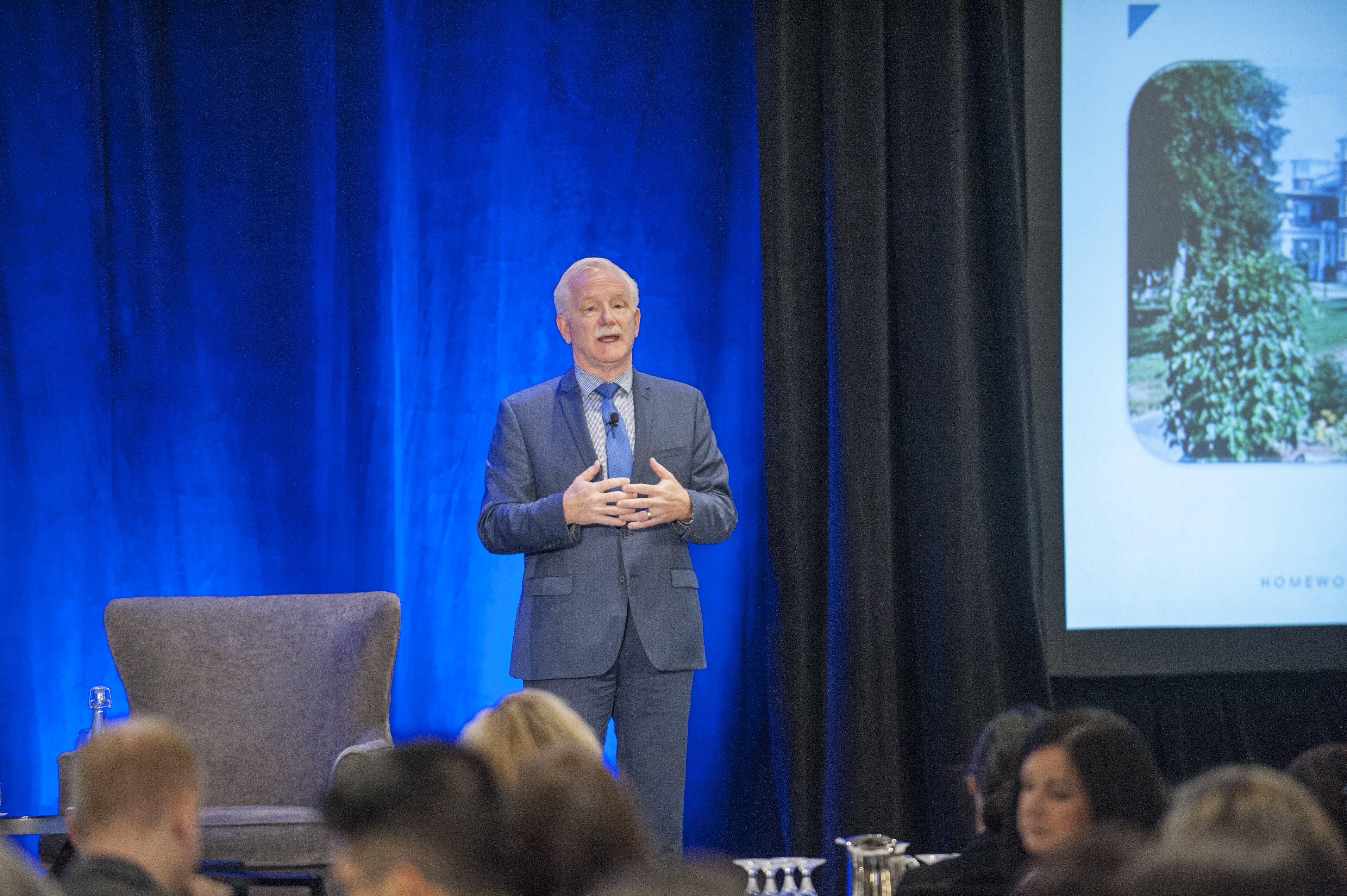

Ongoing exposure to trauma can have a dramatic impact on members of the military and first responders, Andy MacDonald, a consultant to the first responder community for Homewood Health Inc., said at the recent Mental Health Summit held in Vancouver.
When exposed to traumatic experiences, prolonged high stress or fatigue during service, workers are at risk of operational stress injuries, a non-physical injury referred to as a persistent psychological difficulty. “OSI doesn’t necessarily lead to post-traumatic stress disorder,” said MacDonald.
Read: A primer on supporting employees with mental illnesses
Post-traumatic stress disorder is more narrowly defined as a mental-health condition caused by witnessing or experiencing actual or threatened death, serious injury or violence. Although it’s normal for traumatic events to affect someone, if the memories of the events start to have a serious impact long after they happened, the person may be experiencing post-traumatic stress disorder. Symptoms include nightmares, uncontrollable memories, persistent fear and severe anxiety.
Both operational stress injuries and post-traumatic stress disorder contribute to absenteeism and presenteeism. “As a first responder, you cannot not perform at 100 per cent because you put your life in danger, the life of your crew, mates, partners and customers,” said MacDonald. “Presenteeism is real and very dangerous.
Other symptoms of operational stress injuries and post-traumatic stress disorder include lack of sleep, substance abuse, sexual dysfunction and suicide. “Suicide among first responders in some sectors is becoming epidemic,” said MacDonald. “A survey found that 6.6 per cent of 4,000 first responders had attempted suicide. That’s 10 times the rate of the general population.”
Stigma is a major reason suicide rates remain high among the first responder community, he added. “Because of stigma, people are afraid to ask for help. They don’t want to be perceived as weak. We need a complete paradigm shift in the first responder world. Being tough and reacting normally to an abnormal situation can lead to operational stress injury. We need to be able to talk about feeling down or having a tough day.”
Read: Finding a path to effective collaboration between insurers, health professionals
Creating what MacDonald referred to as a “virtual kitchen table,” where people feel free to talk and give and receive support, is one way to deal with trauma. “The reference to ‘kitchen table’ comes from the fire world, where firefighters feel comfortable talking about just about anything,” said MacDonald. Other suggestions include peer support networks, resilience training to help people learn to bounce back after a traumatic event and educating staff on the benefits of their employee and family assistance program.
“Treatment is important, but there also needs to be support at work,” said MacDonald. “We need to encourage free and open dialogue, from the entry-level first responder to the chief. Everyone needs to know it’s OK to hurt.”
Read more stories from the Mental Health Summit
